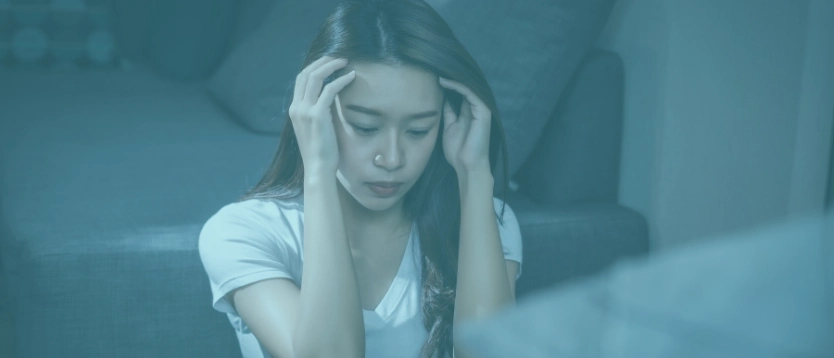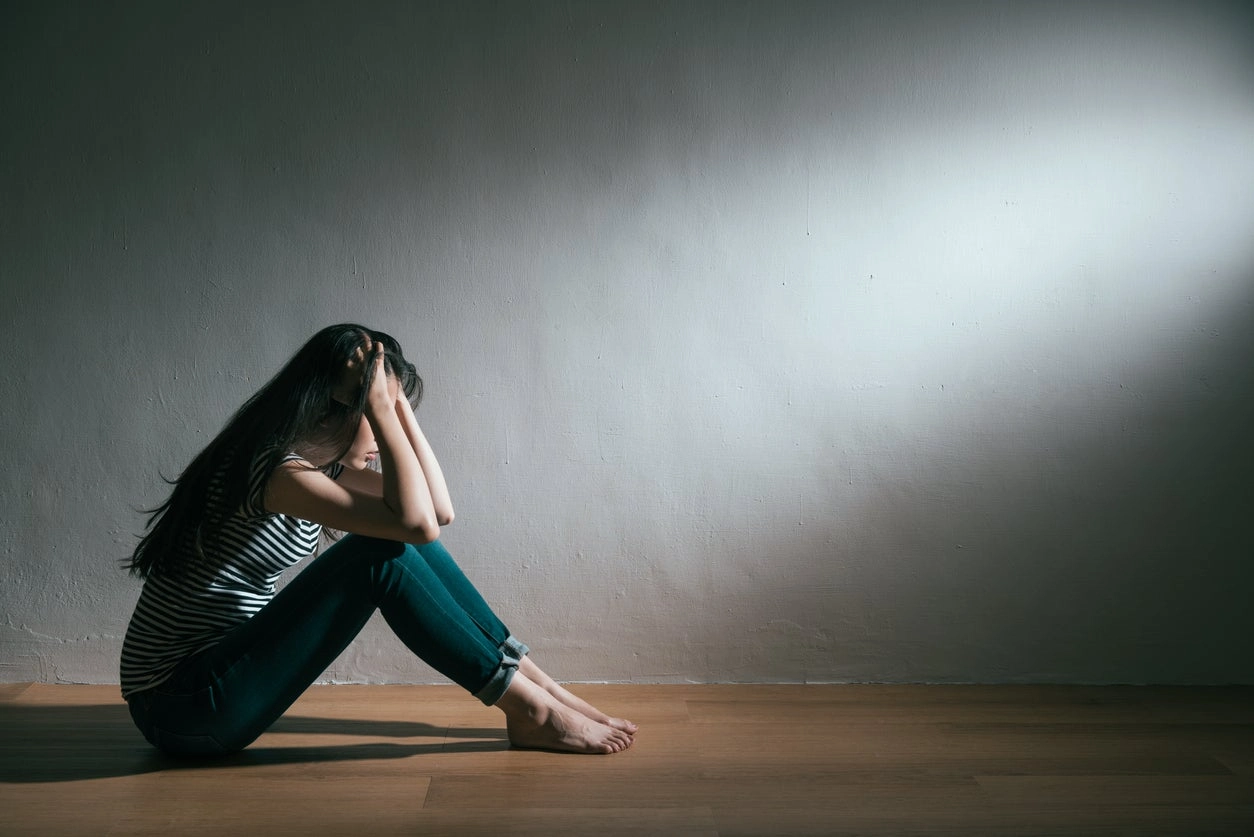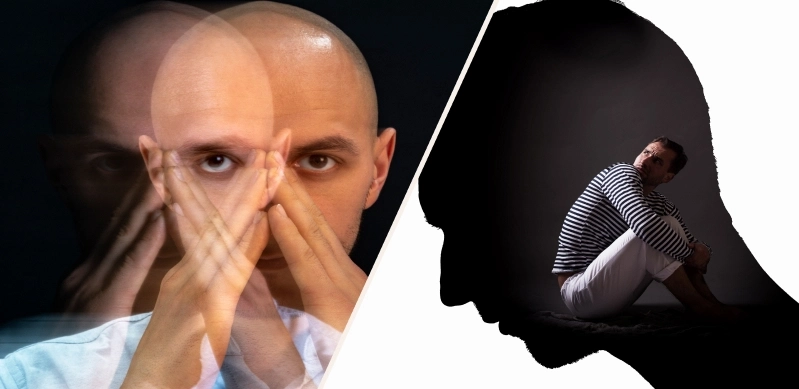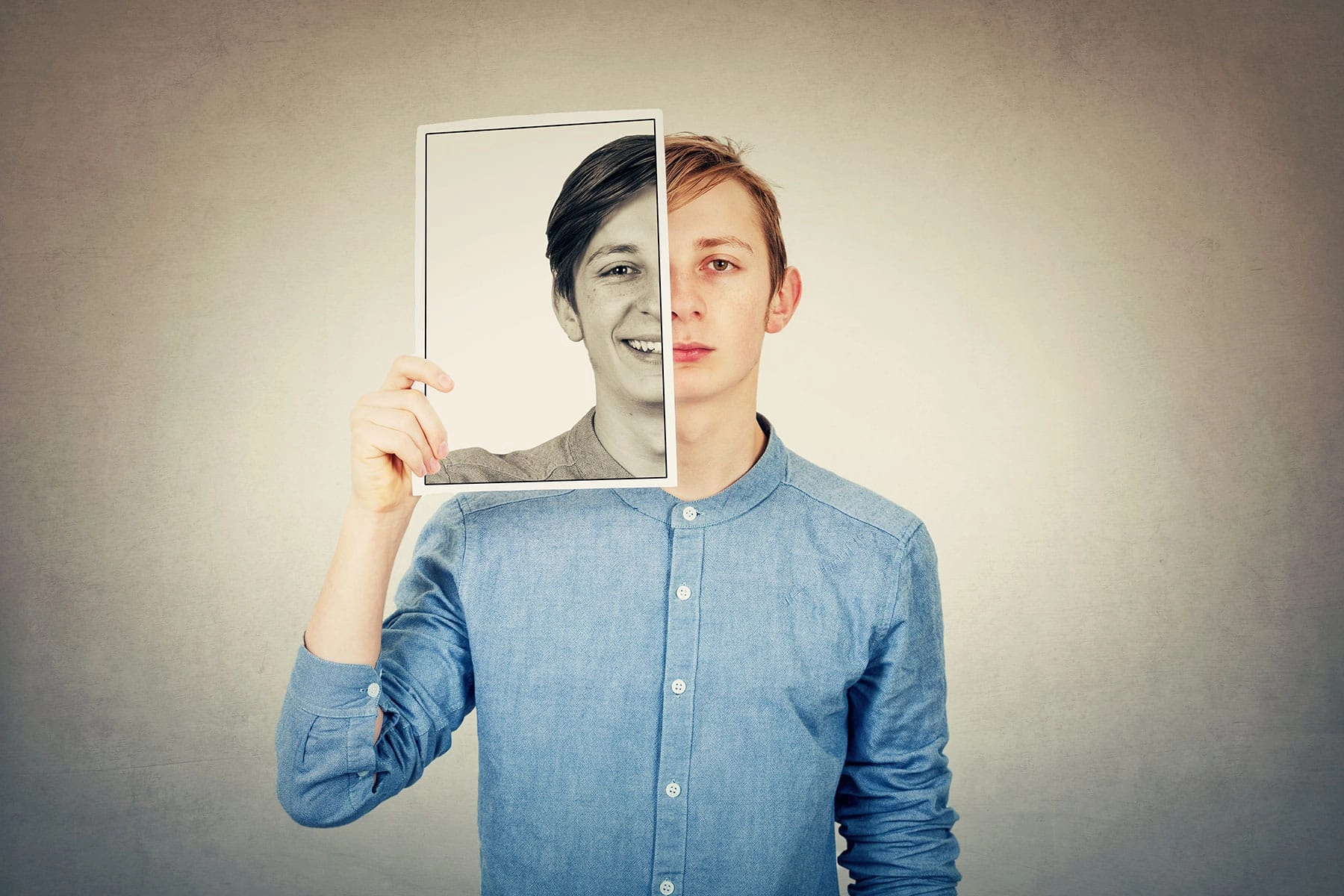Bipolar Paranoia: A frequent sign of bipolar illness is paranoia, but treatment and medication can lessen its intensity and frequency.
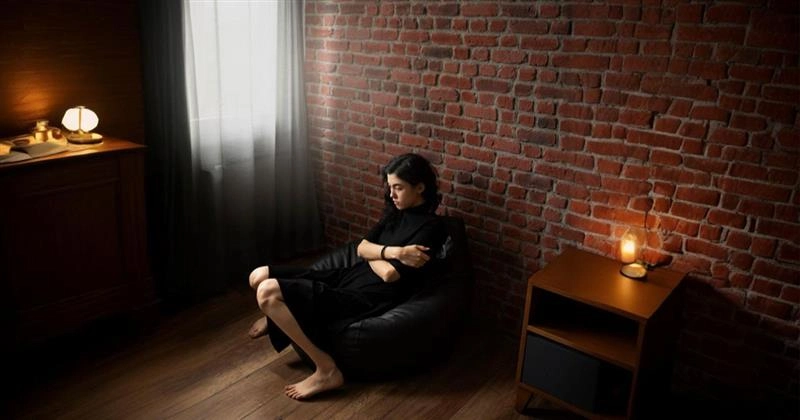
A person suffering from bipolar illness experiences severe mood swings, with depressive lows and manic highs. In addition to other psychotic symptoms, some individuals also suffer from paranoia.
It may seem that others are conspiring against you, that you are being followed, or that there is a persistent threat in your life if you are paranoid. Therapy, medicine, and support groups are often used in treatment to alleviate this symptom.
Is Bipolar Paranoia a Result of Bipolar Disorder?
Bipolar illness might cause paranoia. It is one of the many signs of psychosis that those with bipolar illness might exhibit.
Hallucinations, delusions, and trouble distinguishing between reality and fantasy are additional signs of psychosis. Paranoia is occasionally considered a kind of delusion.
Paranoia in those with bipolar disorder can lead to terrifying ideas. They may feel that they are being watched, followed, or that others are planning against them.
Paranoia affects between 40 and 50 percent of people with bipolar illness.
What Causes Someone with Bipolar Disorder to Become Paranoid?
There are many potential causes for paranoia. Everyone has different triggers. Typical paranoia causes might include:
- sleeplessness
- disruptive sleep habits
- being pregnant
- hormonal shifts
- the passing away of a loved one
- a long-term relationship ending in divorce or breakup
- loss of employment
- trauma, such a vehicle crash or a natural catastrophe
- an adverse reaction to some drugs, such as antidepressants and corticosteroids
- caffeine and several stimulating chemicals
Paranoia occasionally lacks a clear cause. Individuals with bipolar illness may have paranoia even in the absence of a specific cause or trigger. Maintaining a symptom journal can help you identify your triggers or patterns.
What Does Paranoia in Bipolar Disorder Look Like?
It’s possible that paranoia will cause irrational thoughts, but the individual will believe that they are true.
Extreme and persistent paranoia can affect those with bipolar illness. Even when faced with facts and evidence to the contrary, they are still able to hold these views. This may result in symptoms like:
- extreme vigilance
- distrust of others
- rage
- fear
- the inability to unwind
- feeling like you’re being deceived
- the sensation of being watched
- seeing harmless occurrences as threats
- defensiveness
- believing that you have been betrayed by others
- hard time forgiving others
- believing that others have underlying motives
- believing that others are plotting against you
- self-imposed isolation
- hostility
What Therapies Are Available for Bipolar Disorder Paranoia?

Numerous therapies are available for both paranoia and bipolar disorder. The best course of treatment depends on the individual, their other symptoms, and how severe those symptoms are. Typical treatments include:
Psychotherapy
Cognitive behavioral therapy (CBT) is one example of a psychotherapy treatment that can assist those with bipolar disorder in analyzing, comprehending, and controlling their ideas and behaviors. Discover more about the available treatments for bipolar illness.
Treatment
Some drugs can help treat the symptoms of bipolar disorder. Medications like mood stabilizers and antidepressants might aid with mood disorders, while antipsychotic drugs can help alleviate paranoia and other delusions.
Support Groups
Group therapy, support groups, and other forms of social support enable many individuals with bipolar disorder to better manage their symptoms with the aid of those who comprehend their condition. Both in-person and online options are offered.
Hospitalization
Occasionally, an inpatient mental health facility can help alleviate severe paranoia and other symptoms of bipolar disorder. Doctors, therapists, and other members of the healthcare team may identify therapies to help reduce paranoia while patients are in the hospital.
How Can You Lessen the Paranoia Caused by Bipolar Disorder?
Be compassionate when speaking to someone who is going through paranoia. By taking actions such as the following, you can show support without reinforcing any misconceptions:
Validating Emotions
Without endorsing the perceived threat or other paranoia, you can acknowledge and validate that someone is experiencing fear, anger, and anxiety.
Determining the Origin of Ideas
Some fears and paranoia are rooted in actual events and situations.
Maintaining Open Communication
A frank conversation can help alleviate feelings of stress and isolation. This may make it easier for them to express their emotions.
Offering Emotional Support
It’s sometimes preferable to concentrate on a person’s emotions rather than the content of what they say. Reassure them of your support as a first step.
Promoting Expert Assistance
It may be beneficial to gently urge a loved one to get help from a therapist or other professional. Keep in mind, though, that they always have a choice. No one can be forced to get therapy.
Respect the options someone makes in order to back their decisions. The person experiencing paranoia ultimately has the power to make the choice, although you can propose therapy and other forms of assistance.
For those who suffer from it, the paranoia associated with bipolar illness can be really terrifying. For them, the fear, worry, and stress are genuine. Because of this, some people can feel like they need to do things that put themselves or others at risk.
Takeaway
The symptoms of bipolar illness can range from mood changes to psychosis-like symptoms. Bipolar disorder’s psychotic sign is paranoia.
Individuals who have this symptom may have the sensation that they are being followed, conspired against, spied upon, or injured by others. Medication and therapy like CBT can be beneficial.



